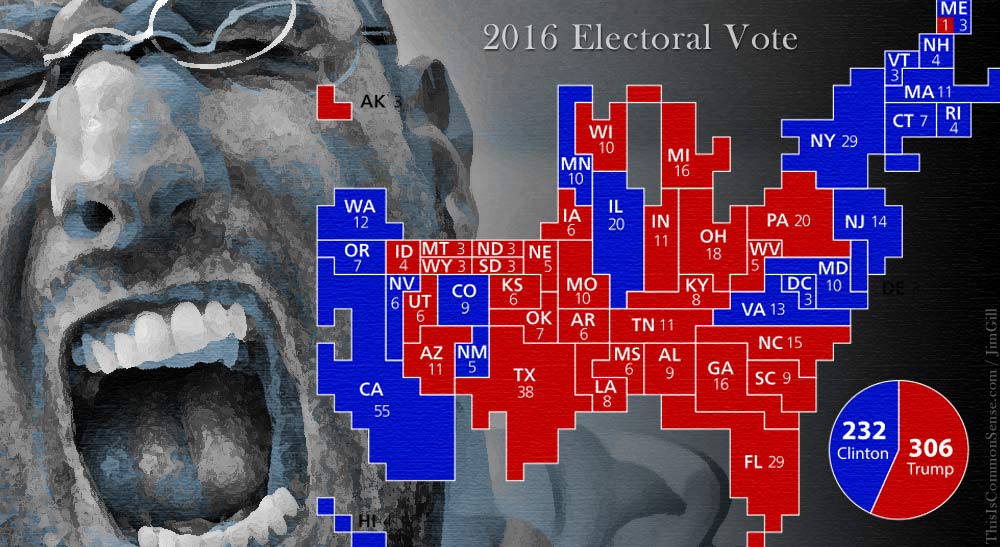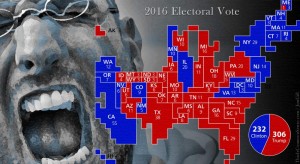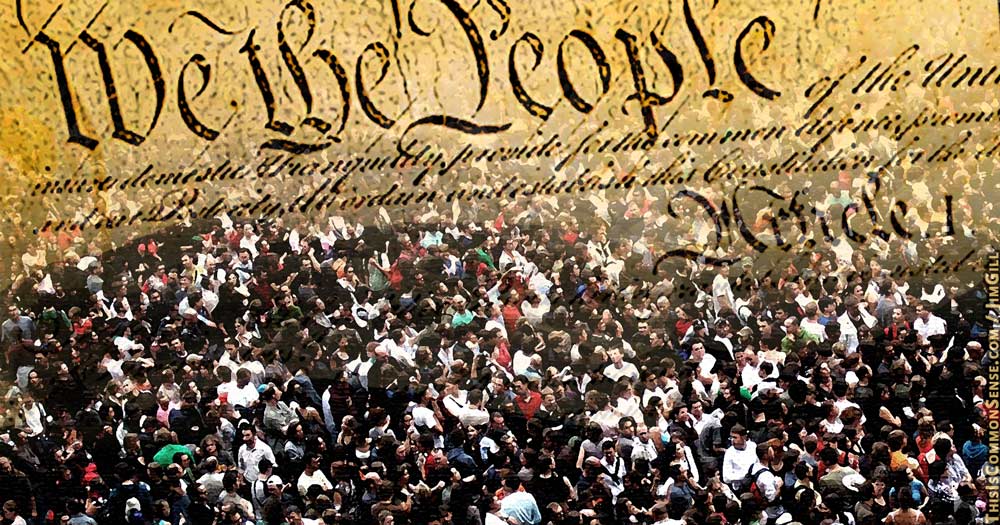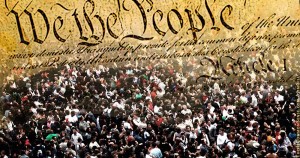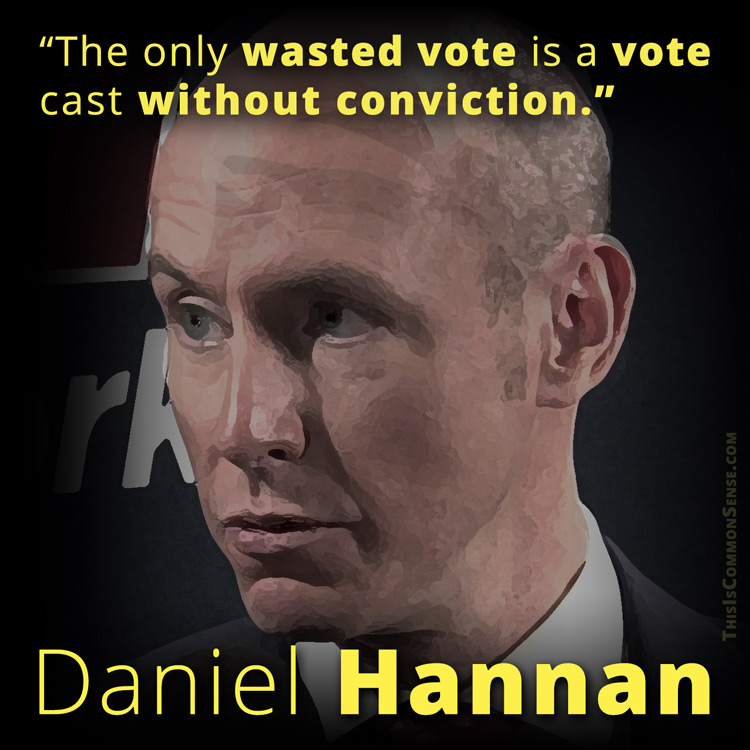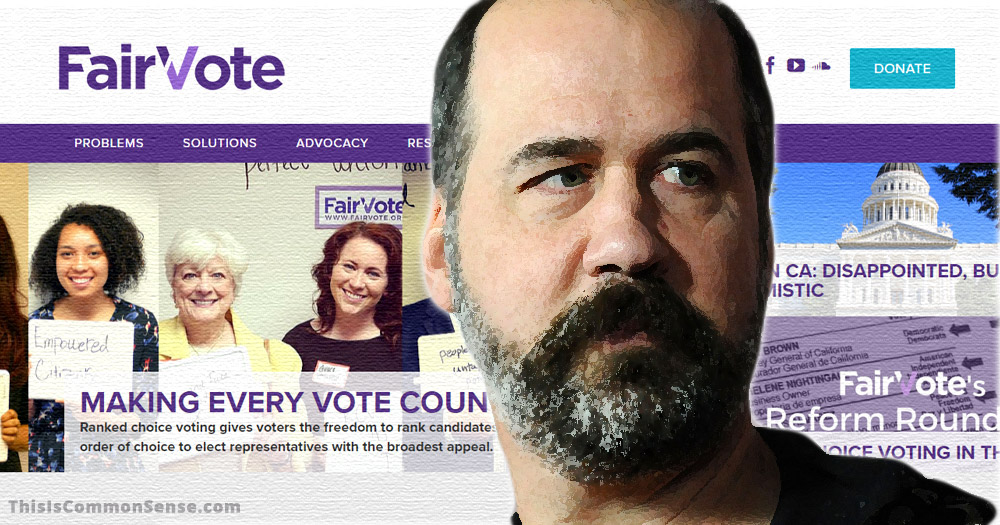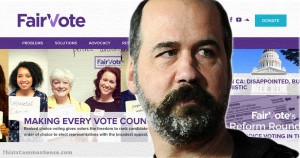Today the Electoral College meets to elect the 45th President of these United States.
But if they fail to cast the required majority for a candidate, the contest goes into the House of Representatives, where each state gets one vote — Wyoming and California equally weighted — and a state’s vote can only be cast for one of the top three Electoral College vote-getters.
Of course, only two candidates won electoral votes, because only they won states. Donald Trump won 30 states comprising 306 electoral votes; Hillary Clinton won 20 states with 232.
That’s the arithmetic. But, as I explored at Townhall yesterday, nothing in the Constitution requires an elector pledged to Trump or Clinton to vote for that candidate.* They can vote their conscience.
That’s why in recent days, Nancy Pelosi’s daughter, Christine, a California elector, petitioned to have electors receive an intelligence briefing about Russian hacking — hoping to sway electors.
Her petition was denied.
Desperation showing, a group of Hollywood actors led by Martin Sheen starred in a Unite for America video talking down to — er, directly to — Republican electors. Asserting that the Electoral College was designed by “Hamilton himself” to prevent an “unfit” “demagogue” (they mean Mr. Trump) from attaining the presidency, the actors claim to “stand with” and “respect” GOP electors, who could be heroes in Hollywood (no honor more tempting!) if only they’d cast their vote for someone other than Trump.
Anyone! — who meets presidential qualifications. “I’m not asking you,” three actors in a row assure, “to vote for Hillary Clinton.”
As much as I support the idea of voting one’s conscience and as much fun as this election has been, I think we’ve all now had enough. Let’s prepare ourselves to help Mr. Trump do what’s right and stop him from doing what’s wrong … with a clear conscience.
This is Common Sense. I’m Paul Jacob.
* Some electors do sign a loyalty pledge to the candidate and there are state laws, almost certainly unconstitutional, which penalize electors who do not vote for the candidate they are pledged to.
Original (cc) photo by Crosa on Flickr
